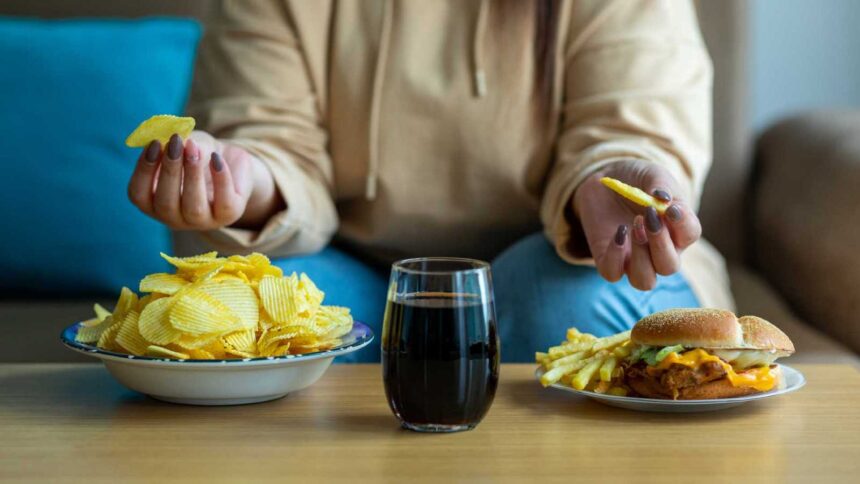Introduction
The Emotional Impact of Guilt in Eating Habits
Guilt, that overwhelming feeling stemming from the belief that we have done, said, or thought something inappropriate, holds significant power in our lives. Whether it’s regret over rejecting an invitation, responding rudely to a friend, or even indulging in a decadent dessert, guilt can haunt us, impacting our self-worth and well-being. In this expansive exploration, we delve into the intricacies of guilt, focusing on its manifestation in our relationship with food.
Understanding Guilt in the Context of Nutrition
Guilt’s Presence in Everyday Food Choices
Our journey into the realms of guilt often intersects with our dietary choices. How many times have we caught ourselves uttering phrases like:
- “This plate of pasta was delicious, but now I feel guilty for eating it. I shouldn’t have.”
- “I crave a croissant, but I won’t indulge because I’ll feel guilty afterward.”
- “I avoid pizza altogether; the guilt afterwards isn’t worth it!”
In the realm of nutrition, as emphasized in previous discussions, there are no inherently “good” or “bad” foods. However, societal conditioning often leads us to label certain foods as virtuous (vegetables, fruits, fish, nuts) and others as sinful (pasta, pizza, fried foods, fats, sauces). This dichotomy sets the stage for feelings of contentment or remorse based on whether we choose from the “good” or “bad” group.
Reframing Perspectives on Food Choices
Shifting from Dichotomies to Frequency-Based Choices
To navigate this maze, a paradigm shift in our classification criteria is essential. Instead of categorizing foods as good or bad, we can adopt a frequency-based approach. Some foods should grace our tables daily due to their nutritional benefits, while others, enjoyed sparingly, can contribute to personal satisfaction and social enjoyment. The key is not in deeming one type superior to the other but in understanding that all foods are beneficial when consumed in appropriate amounts.
Eating a salad one day won’t miraculously make us the healthiest individuals, just as indulging in pizza or a slice of cake won’t lead to sudden illness or weight gain. Preferences play a crucial role; relishing a garden-fresh salad might bring joy, while barbecue pizza might not elicit the same enthusiasm. The intrinsic value of foods lies not in inherent goodness or badness but in the meaning we assign them.
The Pitfalls of Prohibitions and the Need for Flexibility
Understanding the Dangers of Strict Dietary Rules
Prohibitions can paradoxically intensify desire. Strict dietary rules may trigger symptoms such as anxiety, rigidity, or irritability, as we deny ourselves what we genuinely desire in the moment. Cultivating flexibility in our approach to food allows us to relish meals without the burden of guilt, fostering a balanced diet that accommodates a diverse range of foods.
In essence, our goal should be to derive enjoyment from every bite. Eating is not merely a physiological necessity; it is a pleasurable experience that introduces us to diverse flavors, textures, and aromas. Sharing these moments with others enhances the joy of eating. Let’s embrace the richness that food offers, savoring it without the weight of guilt.
Conclusion
Breaking Free from Culinary Guilt: A Call to Enjoyment
In conclusion, the pursuit of guilt-free eating involves a profound shift in our mindset. By recognizing that food carries no intrinsic moral value and reframing our choices in terms of frequency rather than inherent goodness or badness, we liberate ourselves from the shackles of guilt. Embracing flexibility in our dietary approach allows us to enjoy a diverse array of foods without succumbing to anxiety or remorse.
Let’s embark on a journey to appreciate the multifaceted joy that food brings into our lives. By fostering a positive relationship with our dietary choices, we not only nourish our bodies but also nurture a sense of fulfillment and happiness. It’s time to relinquish guilt and savor every moment of our culinary adventures.













